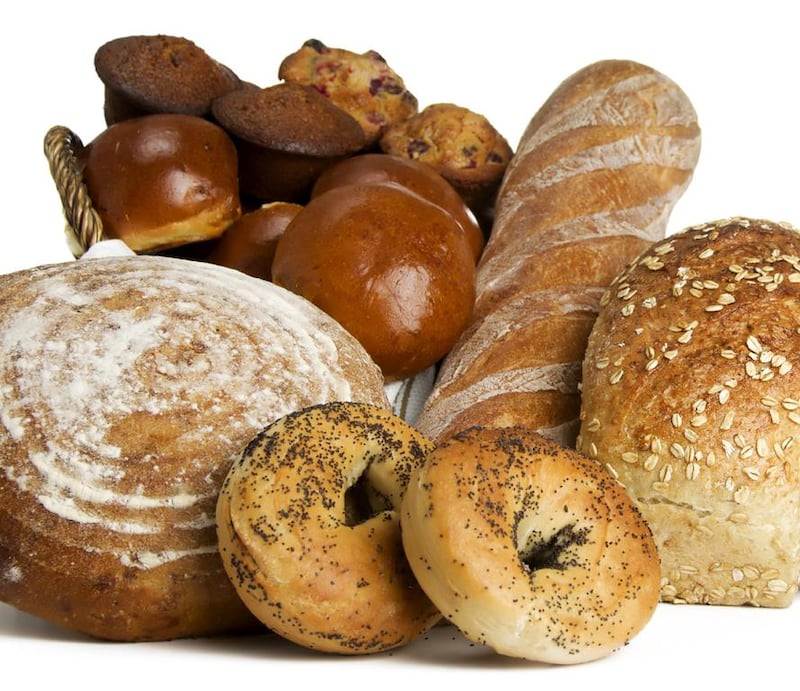Wheat is no stranger to bad press. What with talk of wheat intolerances and allergies, most of us know that it’s advised to reduce our consumption of wheat products. This can be a challenge. When you begin to look at what’s in our food, wheat does tend to get everywhere, from unsuspecting sauces, mueslis, cereals to flour-based products.
New research from Denmark, conducted by researchers at The Bartholin Institute and published in the American journal Public Library of Science in June, provides a strong case on why we should all reconsider our wheat consumption – intolerance or no intolerance.
The study specifically explored the role of gliadin, a class of protein found in wheat and is known to be difficult for the body to digest. Researchers found that mice that had been fed gliadin containing feed gained 20 per cent more weight by day than those fed gliadin-free feed.
This is significant weight gain attributed to wheat and may suggest why many find it so difficult to lose weight even when restricting their diets.
Researchers also found that gliadin fragments induce insulin secretion in pancreatic beta cells, which are responsible for producing insulin that in Type 1 Diabetes are either destroyed or dysfunctional.
The researchers concede that their study does not confirm a direct link between gliadin and Type 1 Diabetes. However they do state that gliadin’s “weight-promoting and insulin secretion-inducing effects” may contribute to the beta-cell hyperactivity observed before the development of diabetes.
Laura Holland is a well-being consultant and nutritional therapist. For more information, go to www.beutifulyou.co.uk





